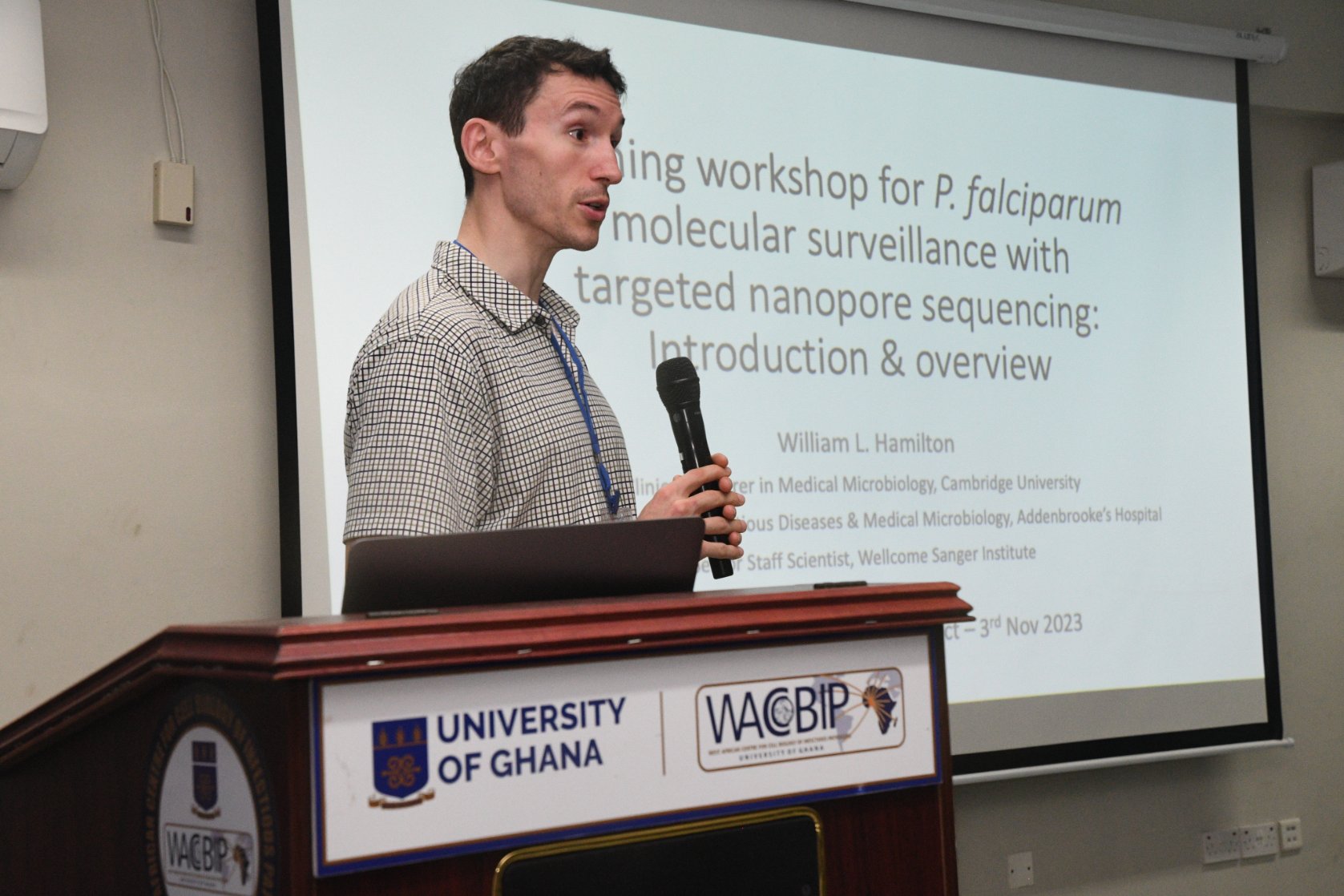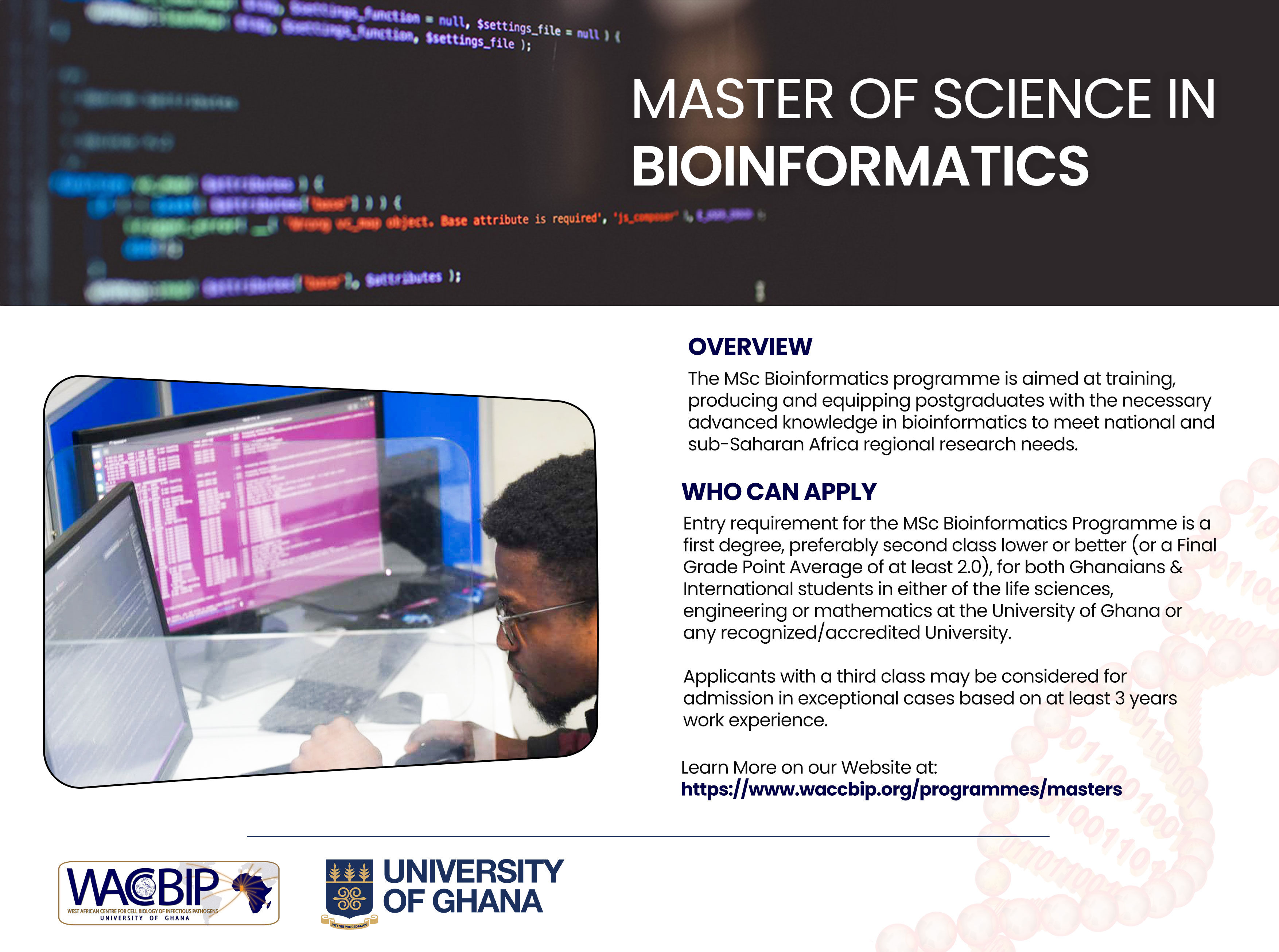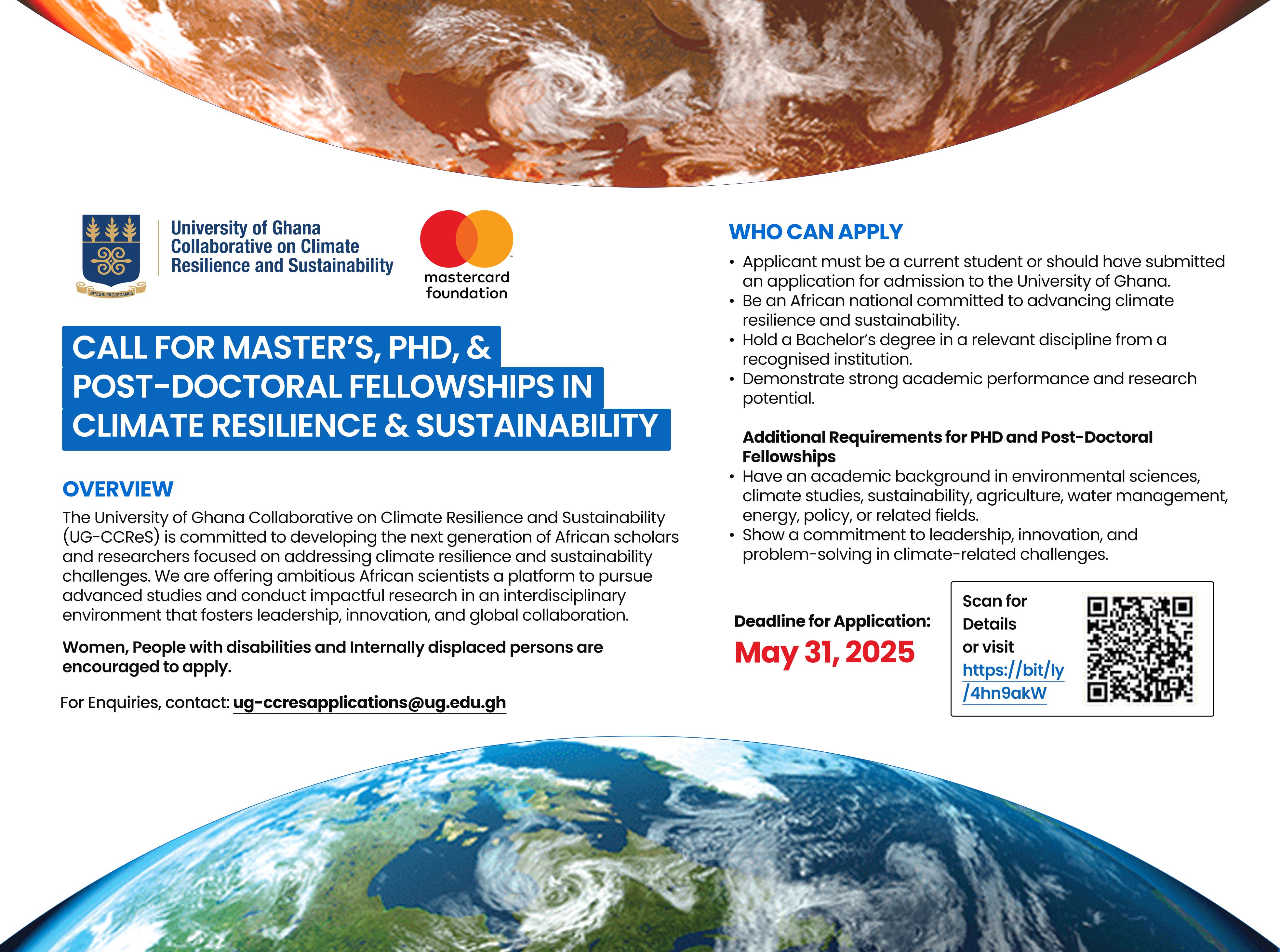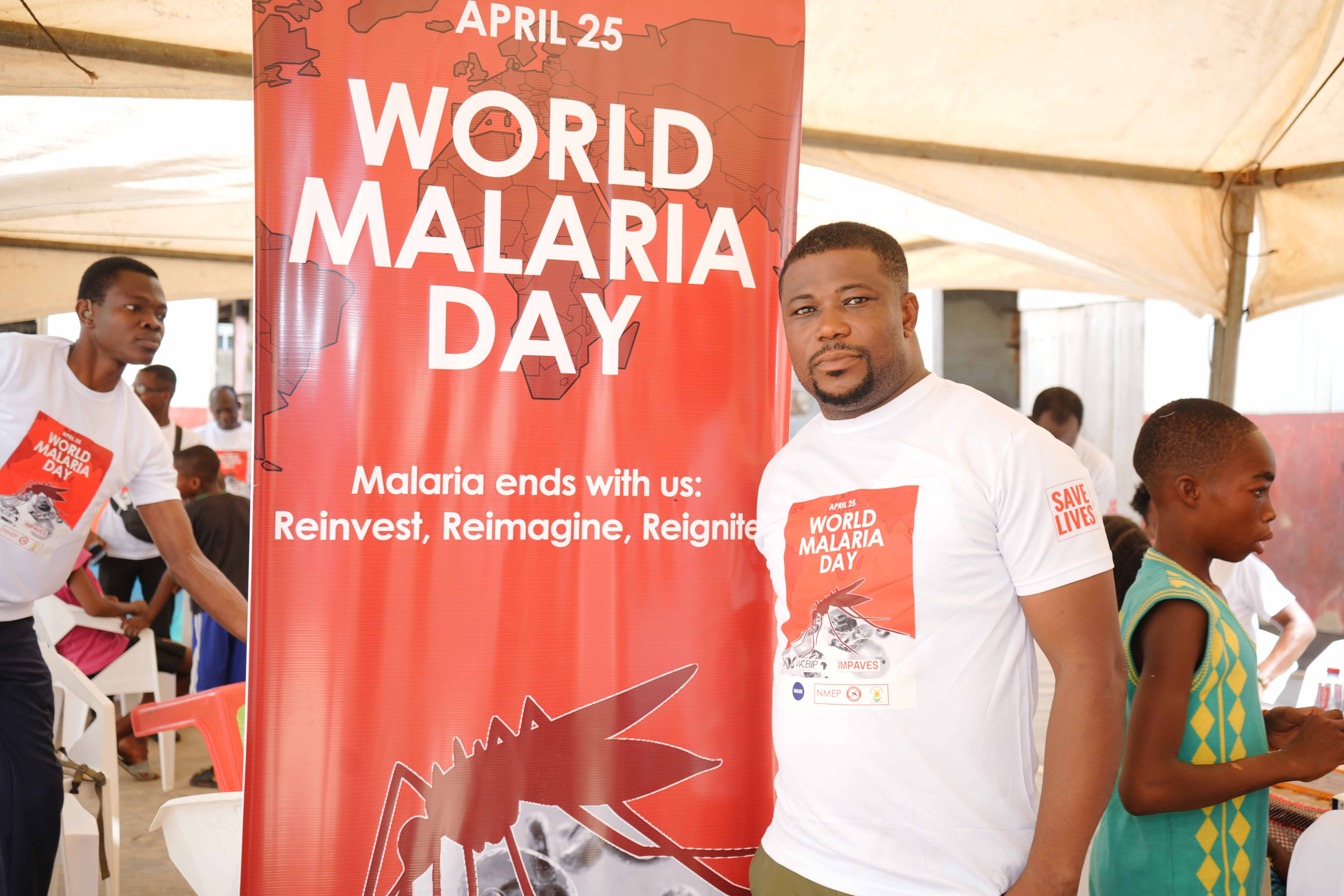The West African Centre for Cell Biology of Infectious Pathogens (WACCBIP) and the Wellcome Sanger Institute orchestrated a ground-breaking five-day workshop, 'Unlocking the Genomic Future: Nanopore Amplicon Sequencing'.
From October 30th to November 4th, 2023, this event illuminated the potential of Nanopore Technology for sequencing Plasmodium falciparum Drug Resistance Genes, signalling a new dawn in genomic surveillance and malaria control across Africa.
The alliance between WACCBIP and the Wellcome Sanger Institute underscores a shared commitment to advancing scientific frontiers and combating infectious diseases, particularly malaria, which has long tormented African nations.
The workshop's primary objective was to empower participants with the expertise needed to harness Nanopore Technology for sequencing the drug resistance genes of Plasmodium falciparum, a malaria parasite known for its resilient nature against conventional treatments.
The collaborative effort epitomizes the power of global partnerships and interdisciplinary approaches in driving scientific progress. Led by experts from both institutions, the workshop's comprehensive curriculum encompassed Wet Lab and Genomic Bioinformatics training, ensuring a holistic learning experience.
The journey commenced with Dr. Lucas Amenga-Etego's welcome address, emphasizing collaboration's significance in scientific endeavours. Throughout the workshop, participants from diverse African nations delved into practical sessions, including DNA extraction from Dry Blood Spots (DBS) and bioinformatics techniques facilitated by the seasoned experts from both teams.
Hands-on experiences ranged from DNA quantification to library preparation, where participants explored methods like ligation-based and tagmentation-based library preparation, critical for high-throughput scenarios.
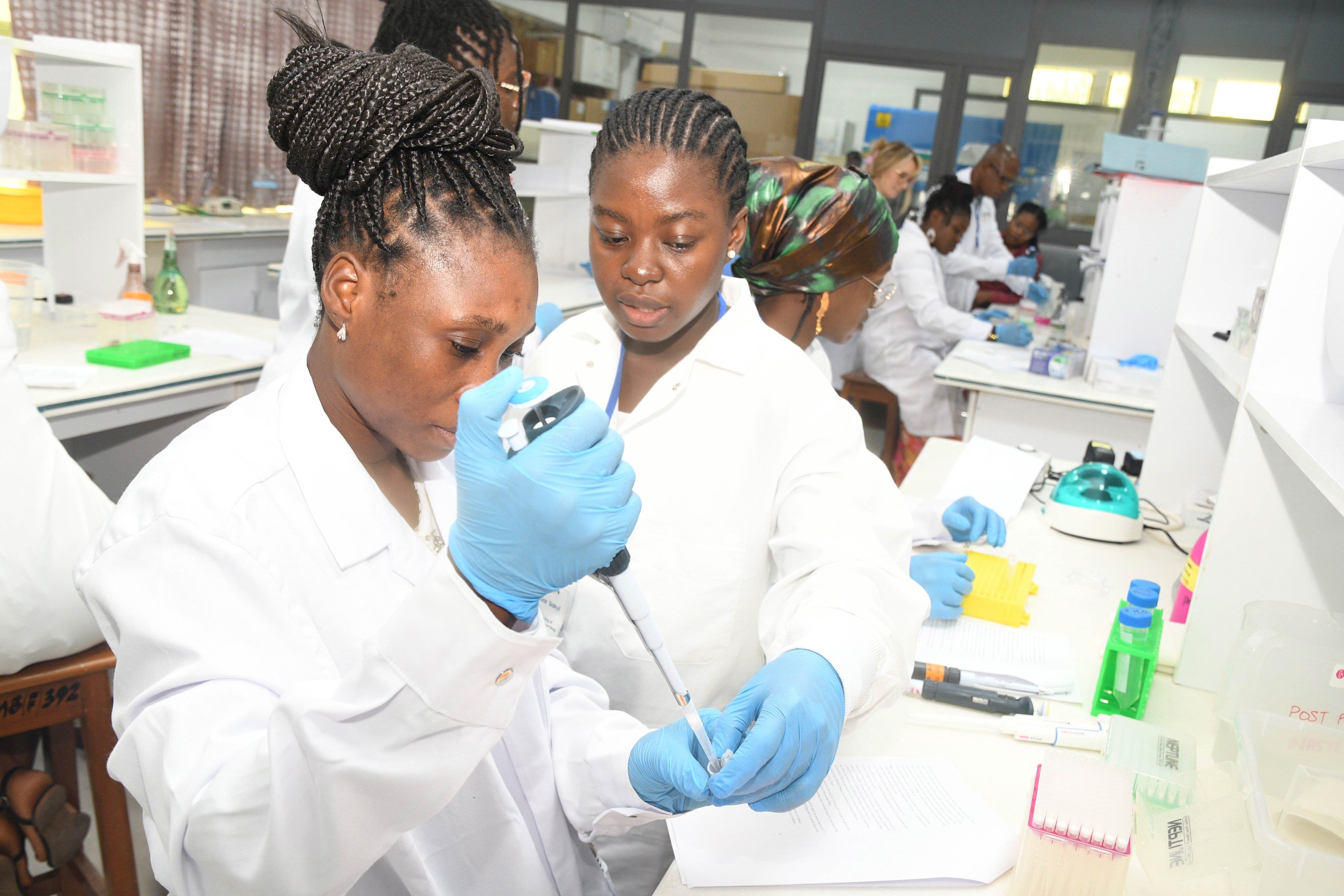
Participants during a wet lab session.
Simultaneously, the bioinformatics team introduced participants to R programming, enabling them to analyse complex genomic datasets effectively. Visual tools aided in uncovering patterns and trends, enriching participants' understanding of genomic insights.
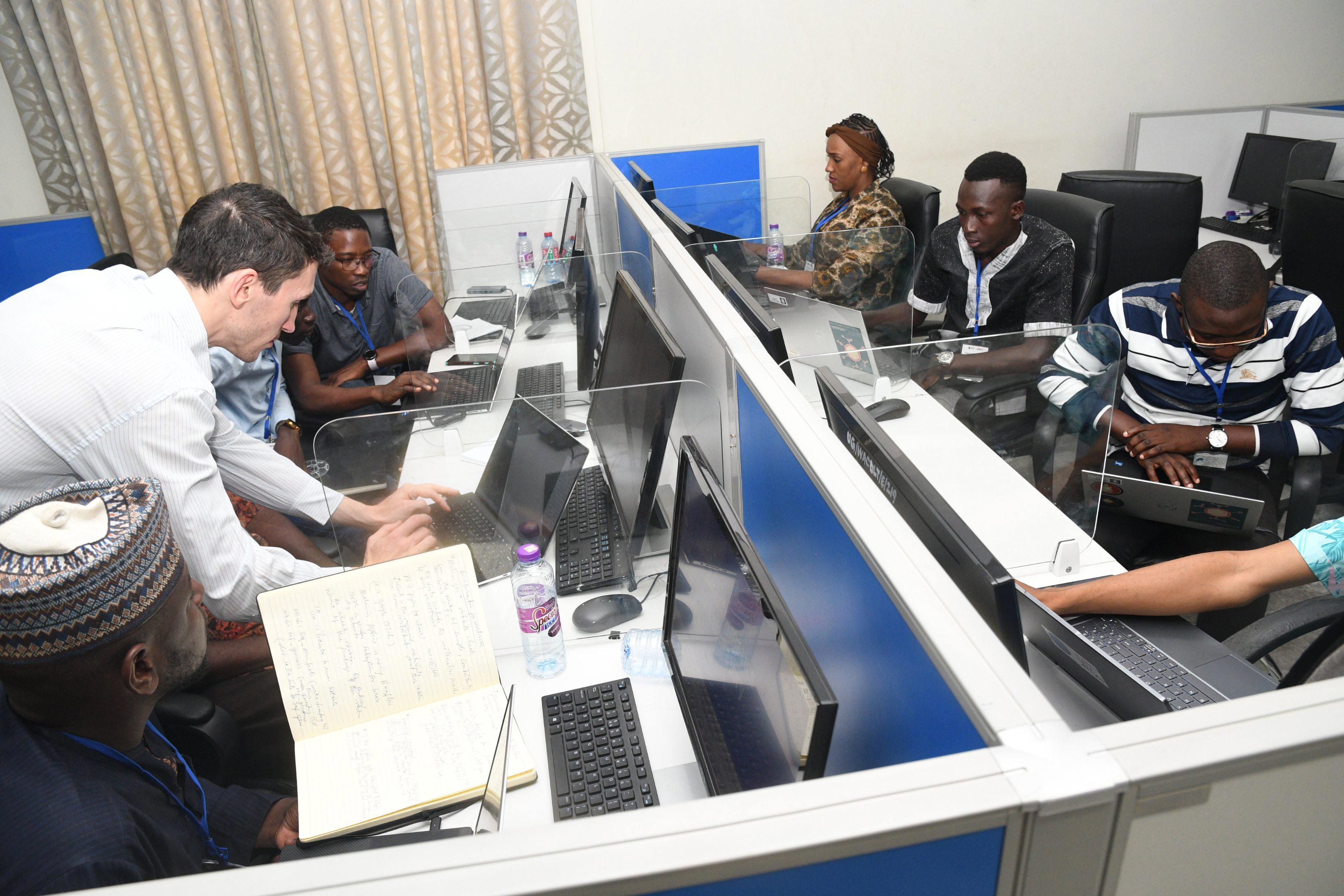
Participants during a computational lab session.
The workshop's grand finale featured a dialogue on the potential of ONT technology to revolutionize Malaria Molecular Surveillance (MMS). Participants discussed ONT's affordability, portability, and scalability, envisioning its application in resource-limited settings.
As participants departed with certificates symbolizing their newfound expertise, Dr. Will Hamilton emphasized the workshop's overarching goal: to equip scientists with the tools needed to advance malaria research and eradication efforts in their regions.
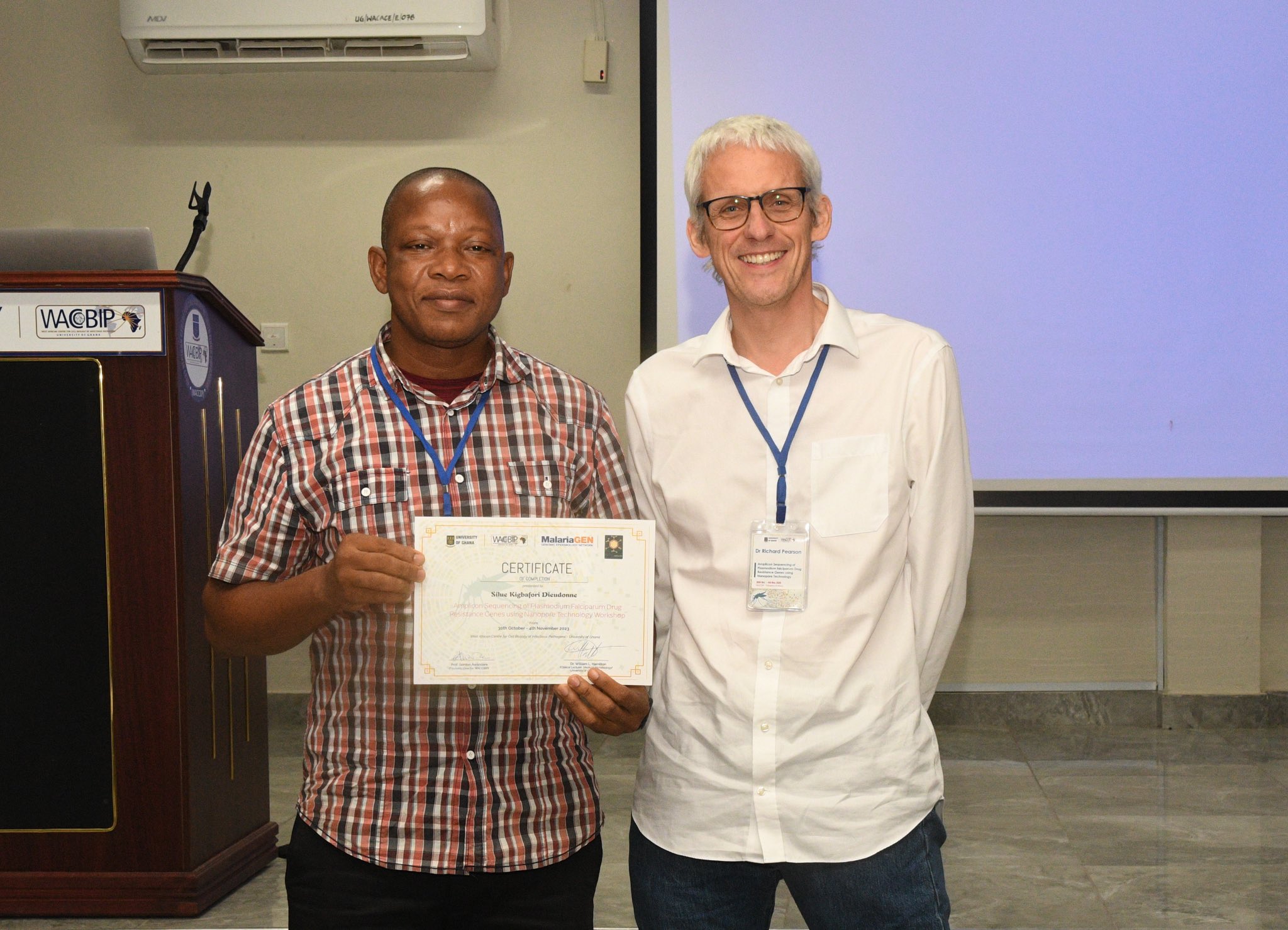
A participant recieving his certificate after the workshop.
In an era of scientific collaboration and innovation, WACCBIP's Nanopore Technology workshop exemplifies what can be achieved when experts unite to address global health challenges. As knowledge spreads and momentum against malaria builds, Africa moves closer to a future free from the burden of this devastating disease.

